Night Vision
Whether you’re a professional needing precision in the field, an outdoor enthusiast exploring after dark, or a security expert looking to monitor around the clock, our high-performance night vision solutions offer clarity when it matters most.
Showing 13–23 of 23 results
-
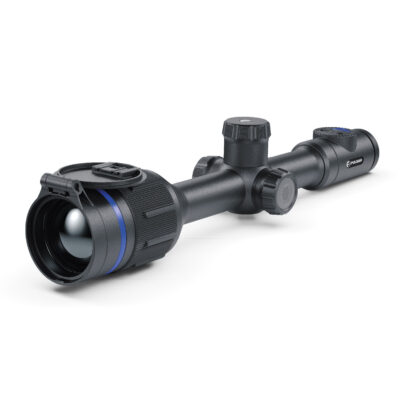
Pulsar Thermion XP50 Pro Thermal Scope
£2,959.96 – £3,439.96 (Ex. VAT) -
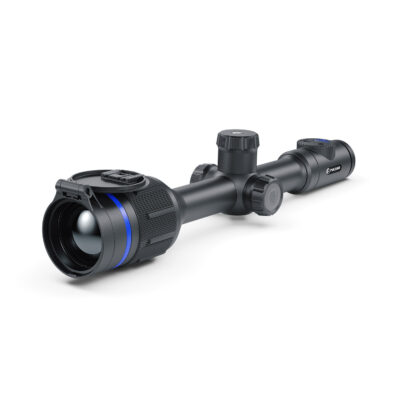
Pulsar Thermion XG50 Thermal Scope
£2,559.96 – £3,199.96 (Ex. VAT) -
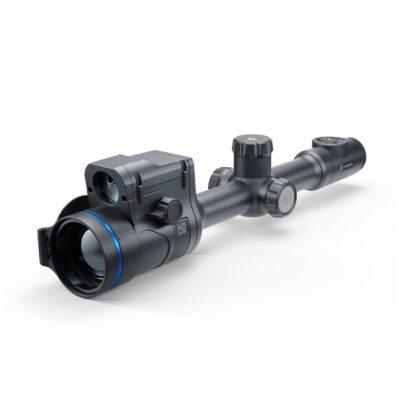
Pulsar Thermion XL50 Thermal Scope
£4,399.96 (Ex. VAT) -
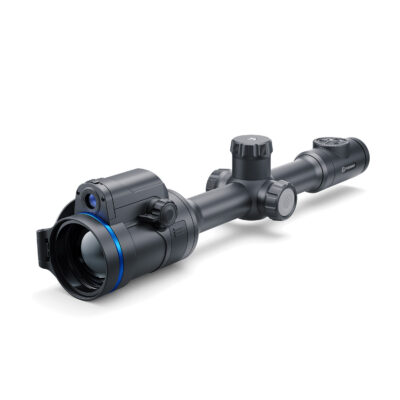
Pulsar Thermion DUO DXP55
£2,943.96 (Ex. VAT) -
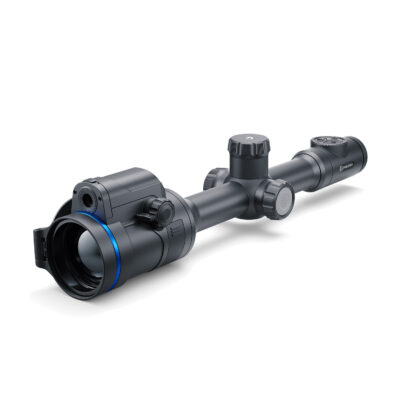
Pulsar Thermion DUO DXP50
£2,871.96 (Ex. VAT) -
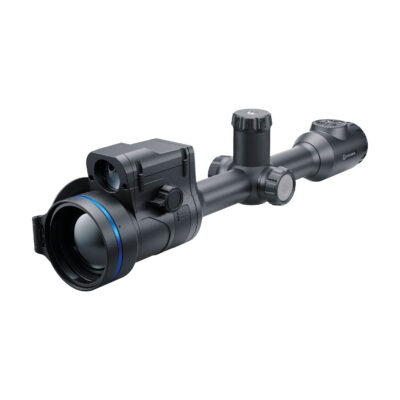
Pulsar Thermion 2 LRF XG60 Thermal Scope
£3,574.96 (Ex. VAT) -
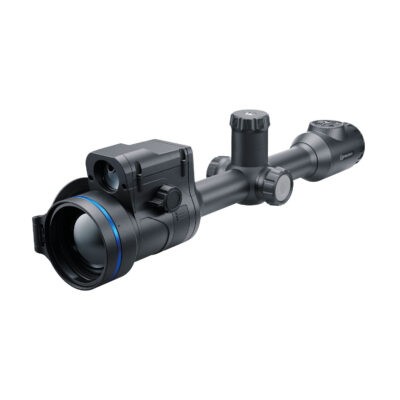
Pulsar Thermion 2 LRF XP60 Thermal Scope
£3,741.63 (Ex. VAT) -
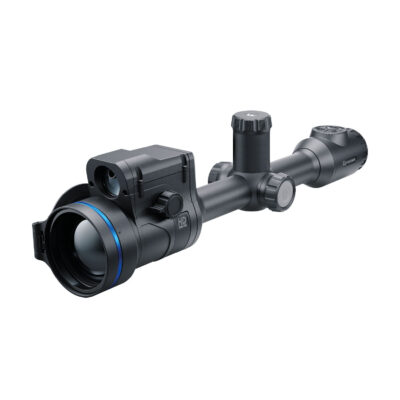
Pulsar Thermion 2 LRF XL60 Thermal Scope
£4,666.63 (Ex. VAT) -

Pixfra Mile 2 M207 Thermal Imaging Monocular
£333.29 (Ex. VAT) -

Pixfra Arc A613 Thermal Imaging Monocular
£1,141.63 (Ex. VAT) -
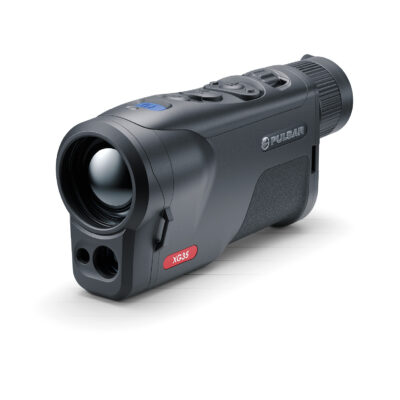
Pulsar Oryx LRF XG35
£1,824.96 (Ex. VAT)
Frequently Asked Questions
How does night vision work?
Night vision works by amplifying available light, such as moonlight or starlight, or by using thermal imaging to detect heat signatures. Some devices use infrared illuminators to further enhance visibility.
What are the different types of night vision products available?
- Binoculars: Ideal for detailed observation during the night, whether that be within tactical or security based roles, or more casual circumstances such as wildlife observation.
- Monoculars: Ideal for fast and convenient nighttime observation. Can be used easily with one hand and stored within a pocket or pouch.
- Thermal Imaging Devices: These devices detect heat and are ideal for detecting warm objects in complete darkness, through smoke, fog, or foliage.
What is the difference between night vision and thermal imaging?
Night vision amplifies ambient light to create a clearer image, whereas thermal imaging detects heat emitted by objects and living beings.
Night vision is typically better for identifying details, while thermal imaging is excellent for detecting heat sources in complete darkness or obscured environments.
Are night vision devices legal?
Yes, night vision devices are generally legal for personal use. However, some jurisdictions may have restrictions on the use of certain high-grade equipment, especially for hunting or surveillance. Be sure to check your local laws and regulations.
What should I consider when buying a night vision device?
Key factors to consider include the intended use (e.g., hunting, security, wildlife observation), the required range, image quality, durability, and whether you need features like recording capabilities or thermal imaging.
